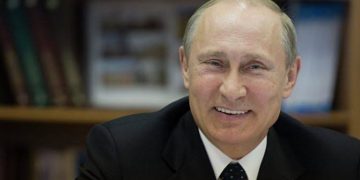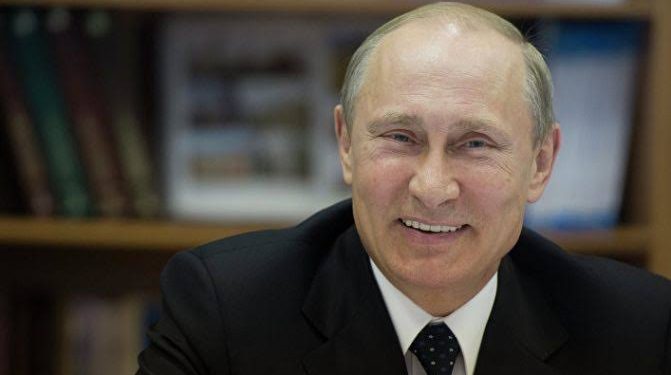By John Ikani
Russia’s economy shrank last year, but not by as much as had been predicted, given its invasion of Ukraine.
According to the country’s statistics agency, the economy contracted by 2.1%, which is a significant improvement from its earlier prediction of a 12% fall.
While concerns about the accuracy of the data have been raised, many experts have been taken aback by the economy’s resilience.
The economy was propped up by high oil prices and military spending, even after hundreds of Western companies withdrew from Russia in the wake of the invasion.
The initial shock saw the stock market in Russia close temporarily, and the rouble’s value plummeted, as people queued up at cash machines.
However, throughout 2022, Russia managed to keep exporting energy.
Although Western limits on energy exports were gradually applied during the year, buyers in China, India, and elsewhere, stepped in to buy up the oil that Europe would not.
The prices of oil, gas, petroleum products, food, and fertilizers all rose, which helped to boost Russia’s export revenues.
Local entrepreneurs also picked up the slack in some sectors, such as, fast food, after Western companies withdrew from the country.
While manufacturing and retail trade experienced a decline, other sectors, such as Agriculture, Construction, and Hospitality, experienced growth, according to Russia’s federal statistics service.
The production of equipment for the military also kept the country’s factories busy, boosting the economy by making weapons instead of cars.
Military security and public administration expanded by 4.1% in 2022.
However, the sanctions imposed on Russia have not been completely effective.
Despite attempts to isolate Russia from the Western financial system, traders have found ways to get money into and out of the country through barter, routing transactions through countries that are not taking part in sanctions, or even using cryptocurrencies.
Nevertheless, some sanctions have made a significant impact on the economy, which could be long-lasting.
While experts expect that the difficulty in getting high-tech imports, such as microchips, will hold back manufacturing, the Russian government is predicting that the economy will shrink by 0.8%.
In contrast, the International Monetary Fund believes it will grow by 0.3%, partly because of the strength of Russia’s exports.



































